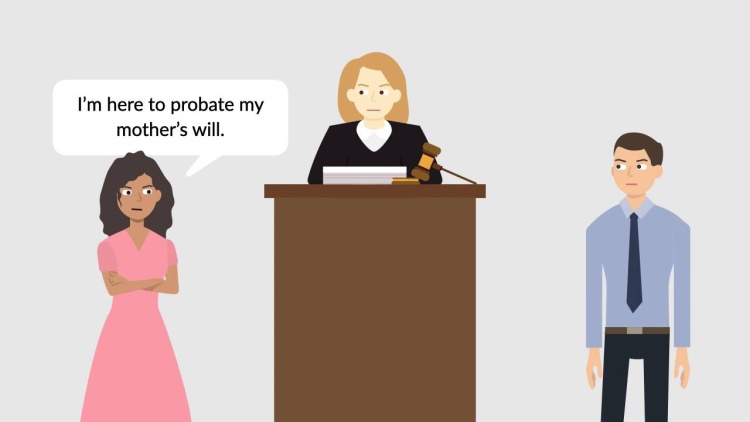Keith v. Lulofs
Supreme Court of Virginia
724 S.E.2d 695 (2012)

- Written by Sara Rhee, JD
Facts
Arvid L. Keith, Jr. (Arvid) and Lucy F. Keith (Lucy) married in 1972. At the time, Arvid had a son, Walter Steven Keith (Keith) (plaintiff) and Lucy had a daughter, Venocia W. Lulofs (defendant). In 1987, Arvid and Lucy executed mirror image wills. The wills were drafted so that each estate would first go to the surviving spouse and then to Keith and Lulofs in equal shares. In 1994, Arvid and Lucy took out an insurance policy naming Keith and Lulofs as equal beneficiaries. On March 21, 1996, Arvid passed away. On May 17, 1996, Lucy executed a new will that left her entire estate to Lulofs. On May 30, 1996, Lucy changed the insurance policy so that all proceeds would go to Lulofs. Lucy passed away in 2006. Keith brought this challenge to Lucy’s will, arguing that Arvid and Lucy’s reciprocal wills became irrevocable contracts upon either of their deaths. Keith testified at trial that his father had told him that the reciprocal wills ensured that all assets would be divided evenly between Keith and Lulofs. Lulofs testified that she recalled a discussion about the life insurance policy between herself, Arvid, Lucy, and Keith, but could not recall what was said. The attorney who drafted the will was unable to recall the wills or the circumstances surrounding them. The trial court ruled that Keith failed to show the reciprocal wills constituted irrevocable contracts. Keith appealed, arguing that the execution of reciprocal wills indicates the testators’ intent that the wills be irrevocable and that, in any event, evidence at trial corroborated such intent.
Rule of Law
Issue
Holding and Reasoning (Powell, J.)
What to do next…
Here's why 907,000 law students have relied on our case briefs:
- Written by law professors and practitioners, not other law students. 47,100 briefs, keyed to 996 casebooks. Top-notch customer support.
- The right amount of information, includes the facts, issues, rule of law, holding and reasoning, and any concurrences and dissents.
- Access in your classes, works on your mobile and tablet. Massive library of related video lessons and high quality multiple-choice questions.
- Easy to use, uniform format for every case brief. Written in plain English, not in legalese. Our briefs summarize and simplify; they don’t just repeat the court’s language.





